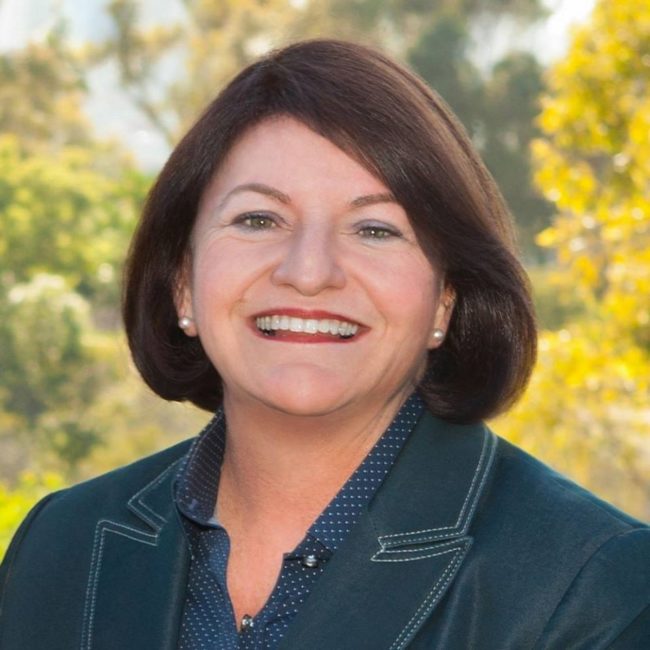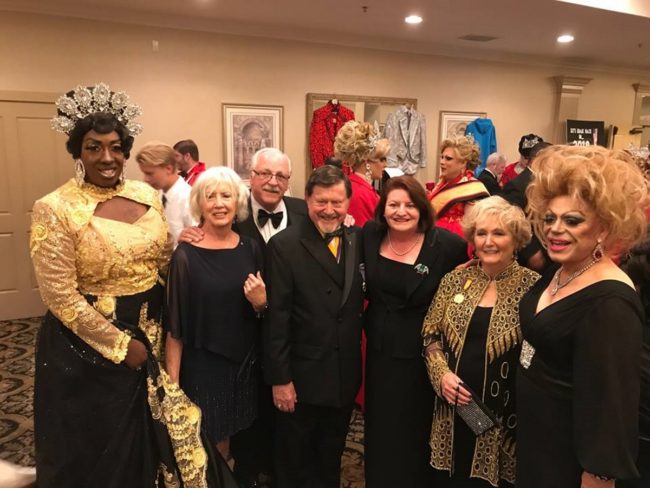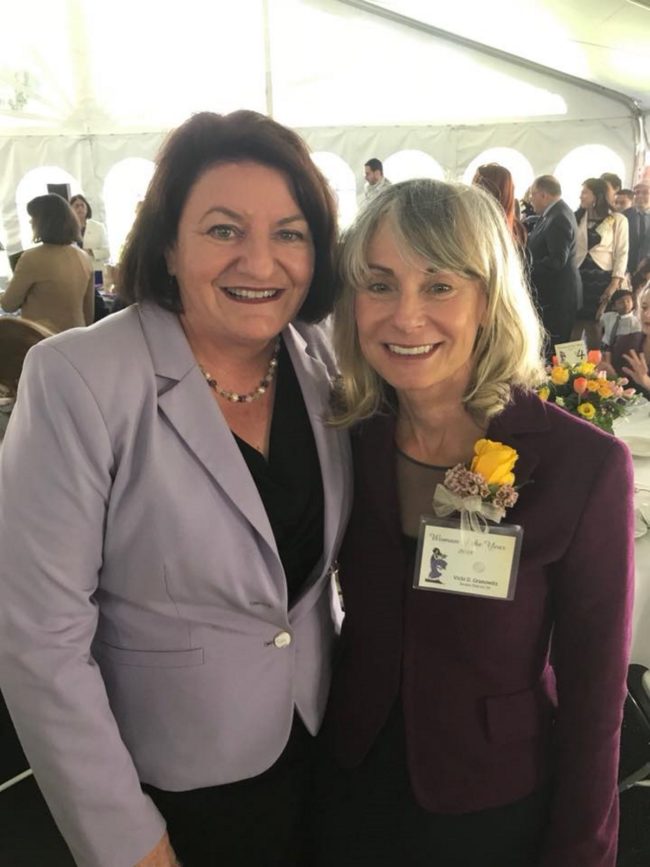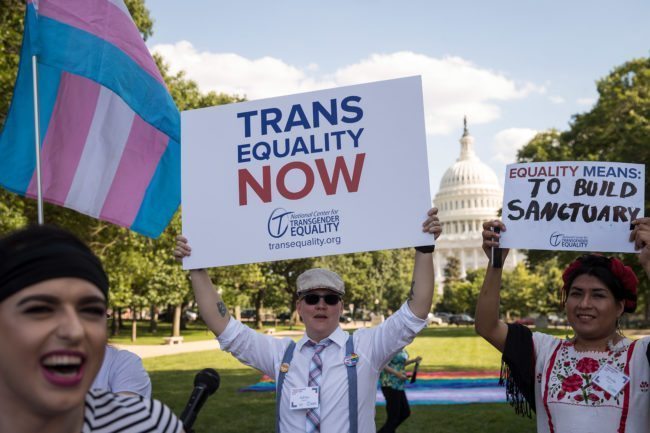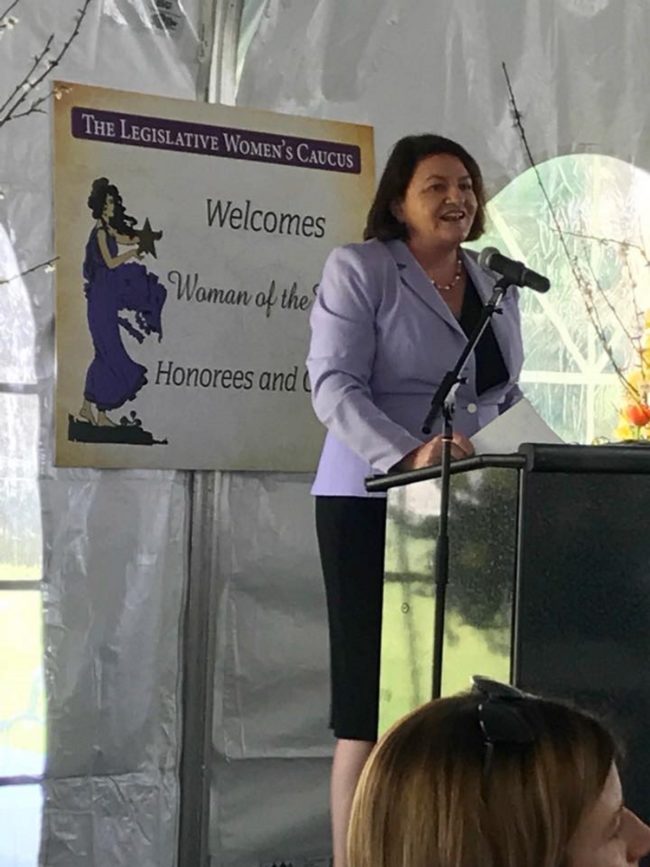California Sues Trump Administration Over Census Citizenship Question
California quickly filed a lawsuit against the Trump administration after the Commerce Department announced that the 2020 census would ask people whether they were U.S. citizens.
The citizenship question, announced Monday night, will discourage people from responding to the census and will violate the Constitution’s mandate for “actual enumeration,” the state’s lawsuit argues, according to The Washington Post.
“The Census numbers provide the backbone for planning how our communities can grow and thrive in the coming decade,” California Attorney General Xavier Becerra said in a statement. “What the Trump administration is requesting is not just alarming, it is an unconstitutional attempt to discourage an accurate Census count.”
The census hasn’t included a question about citizenship since 1950. Commerce Secretary Wilbur Ross said the question would allow better enforcement of voting laws.
Adding a citizenship question is likely to make people more wary of filling out the survey, causing undercounts ― especially in communities with large immigrant populations, HuffPost and The Washington Post have previously reported. An undercount could cost states like California seats in Congress, federal funding based on population and electoral college votes in presidential elections.
“It is long settled that all persons residing in the United States — citizens and non-citizens alike — must be counted to fulfill the Constitution’s ‘actual Enumeration’ mandate,” California’s lawsuit states.
Eric Holder, a former U.S. attorney general who now heads the National Democratic Redistricting Committee, said Tuesday his group also will sue Trump’s administration.
“The addition of a citizenship question to the census questionnaire is a direct attack on our representative democracy,” Holder said in a statement.

